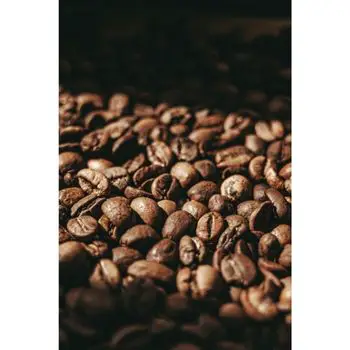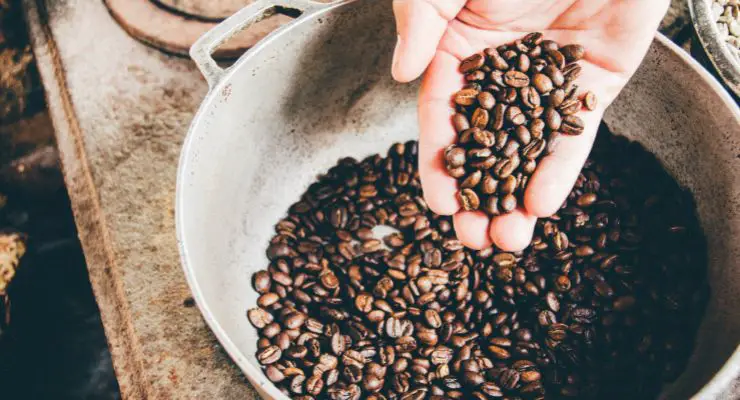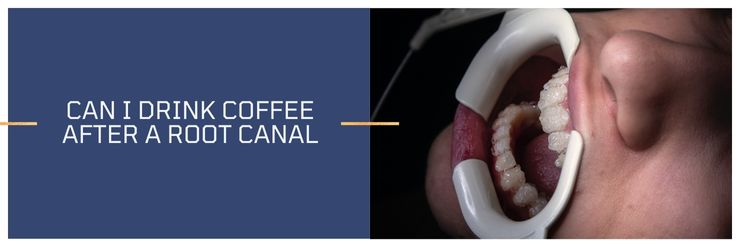Oxidation is a process that occurs when oxygen interacts with other molecules. This can happen in several ways, but most commonly, oxygen will steal electrons from another molecule, causing that molecule to become unstable.
Foods can oxidize, and when this happens, it causes the food to change color, taste, and smell. But does coffee oxidize?
Coffee oxidizes when it’s exposed to oxygen in the air. This process causes the coffee to lose its flavor and smell. The factors that affect how quickly coffee oxidizes include the type of coffee bean, the grind size, and how it’s stored.
You might be surprised to hear this, but brewed coffee can go stale in just 30 minutes. If you’re like most people, you probably make your coffee at home and then drink it on the go. By the time you get to work, your coffee has already started to oxidize.
Let’s take a closer look at how oxidation affects coffee and what you can do to keep your beans from going dull.
Does coffee oxidize
It’s well-known that coffee beans continue to off-gas CO2 for a few days after they’re roasted. This process is called degassing, and it’s what gives freshly roasted coffee its intense flavor. So, how does coffee oxidize?
Once the beans are exposed to oxygen, however, they start to oxidize. Oxygen molecules attach themselves to the coffee molecules and break them down, causing the flavor to change. Although there will be a change in flavor, old coffee won’t lose caffeine content.

The longer the beans are roasted, the more oxidized they become. This can cause the coffee to taste more bitter and less sweet.
In addition, the color of the beans will change from a light brown to a darker brown. Factors that can affect how quickly coffee beans oxidize include exposure to air, light, and heat.
Arabica coffee beans oxidize more slowly than Robusta beans. That’s because Arabica beans have a higher sugar content, which acts as a natural preservative.
The grind size also makes a difference. Coarser grinds expose less surface area to oxygen, so they’ll oxidize more slowly than fine grinds.
How long does coffee take to oxidize?
You can expect coffee to reach its peak flavor anywhere from 2 to 12 hours after brewing. In airtight conditions or refrigerated, coffee can last for up to 4 days. Oxygen is what causes coffee to go bad, so the less oxygen exposure, the better.
Coffee oxidation is a complex process that is affected by many variables, including the type of coffee bean, the roast level, storage conditions, and exposure to oxygen.
The coffee beans themselves are full of natural oils and compounds that contribute to the flavor of the coffee. When these oils are exposed to oxygen, they begin to break down and become rancid. This process is accelerated by heat and light, so storing coffee in a cool, dark place is ideal.
The chemical reaction that occurs when coffee oxidizes is called rancidification, and it’s responsible for the development of coffee’s characteristic “stale” flavor.
Rancidification is a gradual process, so you may not notice the flavor change immediately. However, over time, coffee that has been exposed to oxygen will develop an increasingly bitter, sour, or flat taste.
How do I stop my coffee from oxidizing?
Exposure to oxygen is the main factor that causes coffee to go bad. The more exposure coffee has to oxygen, the faster it will oxidize. Refrigerator storage is the best way to keep coffee fresh because it minimizes exposure to oxygen.
You can also use an airtight container (Amazon link) to keep coffee fresh. Airtight containers are designed to keep oxygen out, which will help preserve the flavor of your coffee. Also, you can refrigerate coffee to help slow the process down.
You should also avoid storing coffee in direct sunlight or near a heat source, as this will speed up the oxidation process.

Coffee grounds oxidize faster than whole beans, so if you’re using pre-ground coffee, it’s important to be extra careful about storage. Once the coffee is ground, the surface area of the bean is increased, which means there’s more exposure to oxygen.
For the best flavor, grind your own coffee beans just before brewing. This will help minimize exposure to oxygen and prevent the coffee from going stale.
Can you drink oxidized coffee?
You can drink oxidized coffee but the taste might be unpleasant. When coffee oxidizes, the flavors become bitter, sour, and flat. The coffee will also lose its freshness and aroma.
When coffee beans are exposed to oxygen, they start to oxidize. This process is similar to what happens when an apple turns brown after being cut open.
The changes in the flavor of oxidized coffee beans are subtle, but over time, the coffee can taste stale. Depending on how long the coffee has been exposed to oxygen, the flavor may be too far gone to salvage. Although you can drink old expired coffee, it might not taste the same.

If you’re not sure whether your coffee is oxidized, give it a smell test. Fresh coffee should have a pleasant, roasted aroma. If the coffee smells sour or rancid, it’s probably oxidized.
You can also try looking at the coffee beans. Fresh beans are typically a deep, rich brown color. If the beans look dull or faded, they may be oxidized.
Is oxidized coffee harmful?
Drinking oxidized coffee is not harmful. The coffee may taste unpleasant, but it will not cause any health problems. Oxidized coffee is simply coffee that has lost its freshness and flavor.
12 hours after brewing is considered the point at which coffee develops an off-flavor.
The process of oxidation is natural and inevitable. Even if you take all the necessary precautions, your coffee will eventually oxidize. The best you can do is to minimize exposure to oxygen and other factors that accelerate the oxidation process.
When coffee oxidizes, the flavor changes but the coffee beans themselves are not harmful. If you don’t like the taste of oxidized coffee, it’s best to throw it away and start fresh with a new batch.
Does oxidation affect the ph of coffee?
Acidity is one of the key flavors in coffee, and a rise in pH can make the coffee taste flat and bitter. The pH of coffee gradually rises as it oxidizes. This is because the coffee beans release carbon dioxide gas, which increases the coffee’s pH.
Coffee is a naturally acidic beverage, with a pH of around 5. This acidity is due to the presence of coffee oils and compounds such as chlorogenic acid.
Oxidation is a chemical reaction in which electrons are transferred from one molecule to another. This reaction causes the coffee molecules to break down and release carbon dioxide gas. As the carbon dioxide is released, the pH of the coffee increases.
The flavor of coffee is affected by its pH. A higher pH makes the coffee taste flat and bitter, while a lower pH makes it taste more acidic. The ideal pH for coffee is between 4.85 and 5.10.
Conclusion
So does coffee oxidize? The answer is a resounding yes. And, while it might not seem like a big deal, oxidation can actually have a significant impact on the flavor of your coffee.
While you can still drink oxidized coffee, it’s best to avoid it if possible. To keep your coffee tasting fresh, be sure to grind your beans just before brewing and minimize exposure to oxygen.






